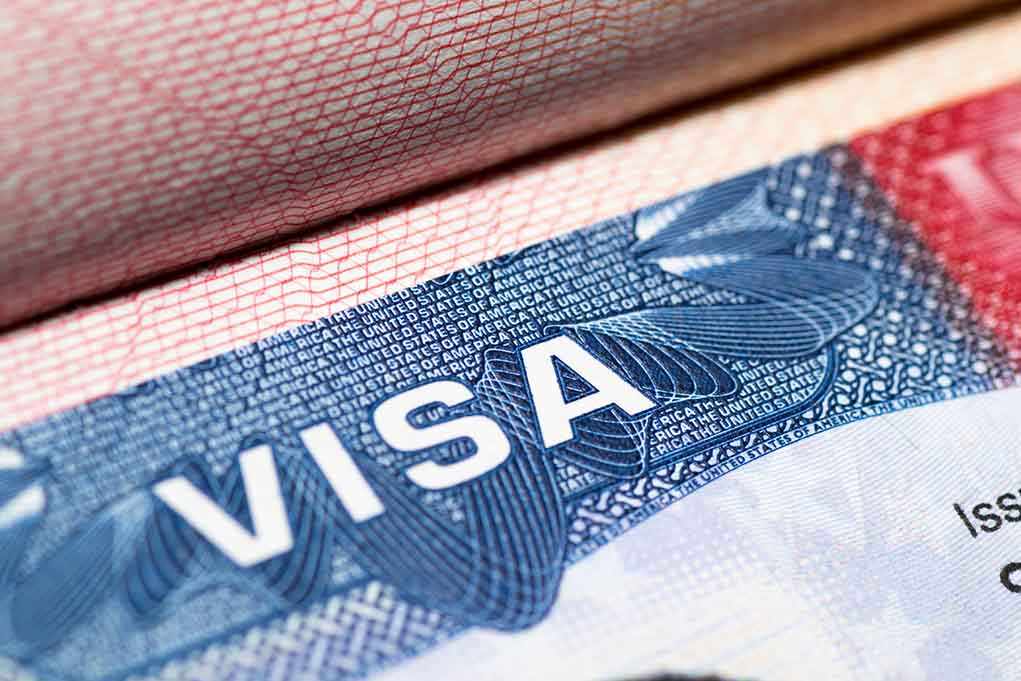
Never before has the world witnessed a Colombian president publicly urging U.S. soldiers to defy their commander-in-chief, triggering a swift and stunning diplomatic backlash from Washington.
Story Snapshot
- The U.S. revoked Colombian President Gustavo Petro’s visa after he called for U.S. military disobedience at a pro-Palestinian rally.
- This is the first time a U.S. visa has been yanked from a sitting Colombian head of state.
- The fallout intensifies as Petro accuses the U.S. of violating international law and fans anti-U.S. sentiment online.
- The historic U.S.-Colombia alliance stands at a tipping point, with economic and security consequences looming.
The Rally That Shook Diplomatic Foundations
President Gustavo Petro stands before a sea of pro-Palestinian demonstrators outside the United Nations. The crowd’s energy surges as the Colombian leader takes the microphone—not to denounce his adversaries at home, but to broadcast a message directly to the U.S. military. Petro’s words slice through the noise: “Obey the order of humanity, not the orders of President Trump.” Within hours, this soundbite electrifies headlines and stirs a storm that neither nation can ignore.
Petro’s public call, aired live and echoed across social media, punctures decades of scripted diplomacy. Allies and critics alike are left to wonder: Has Colombia’s president gone too far, or is he a bold voice for global conscience? For U.S. officials, the answer is clear—by the next day, Petro’s visa is revoked, a move unprecedented in the annals of U.S.-Colombian relations.
Washington Responds: The First Visa Revocation for a Colombian President
President Trump’s administration strips Gustavo Petro of his U.S. visa—a sanction typically reserved for corrupt officials or human rights violators, not the democratically elected leader of a major ally. The message is unambiguous: Washington will not tolerate foreign leaders inciting U.S. military insubordination, especially amid the tinderbox politics of the Gaza conflict.
Petro, undeterred, returns to Bogotá that very morning and unleashes a volley of posts on X (formerly Twitter), accusing the U.S. of trampling international law and mocking the Trump White House. Each tweet further polarizes audiences on both continents, while the Colombian military and ministries scramble to interpret the new rules of engagement with their most powerful patron.
US to Revoke Colombian President's Visa After He Encouraged Soldiers to Incite Violence https://t.co/Nj9gXBq4X9 pic.twitter.com/cw4nz5cdaZ
— TechPulse Daily (@DailyTechpulse) September 28, 2025
Why This Moment Is a Diplomatic Earthquake
The U.S. and Colombia were once inseparable partners—jointly fighting narco-traffickers, sharing military intelligence, and shaping hemispheric policy. Yet, Petro’s presidency has been a study in divergence. Earlier in 2025, he halted deportation flights from the U.S., prompting tariff threats. The U.S. decertified Colombia’s anti-drug cooperation weeks before the current crisis. Still, nothing compares to the shock of a U.S. visa ban for a sitting president, a move that signals open distrust and a possible end to a special relationship.
Colombia’s government now faces a crossroads. Domestic critics accuse Petro of sacrificing national interests for personal ideology, risking vital U.S. aid and market access. His supporters, meanwhile, celebrate his stand as a rare act of defiance against American “imperialism.” The military, traditionally aligned with U.S. doctrine, finds itself caught between loyalty to the state and a president who challenges the very bedrock of U.S. partnership.
Looking Ahead: Fallout, Risks, and Repercussions
Diplomatic lines have hardened. U.S. officials hint at further sanctions, while Colombian opposition parties demand explanations for the rift with Washington. Security cooperation and counter-narcotics programs—the backbone of bilateral ties—hang in the balance. Should aid or trade be reduced, Colombia’s fragile economy could quickly spiral, with ripple effects felt in rural communities and urban centers alike.
Across Latin America, leftist governments watch closely, weighing Petro’s gamble as precedent or cautionary tale. Meanwhile, pro-Palestinian and anti-U.S. activists seize on the episode, amplifying calls for a realignment of global alliances. For now, the only certainty is uncertainty. With Petro’s term ending in July 2026, every move from Bogotá and Washington will be scrutinized for signals of either reconciliation or further rupture.
Sources:
US State Department revokes Colombian president’s visa after remarks at New York City protest




